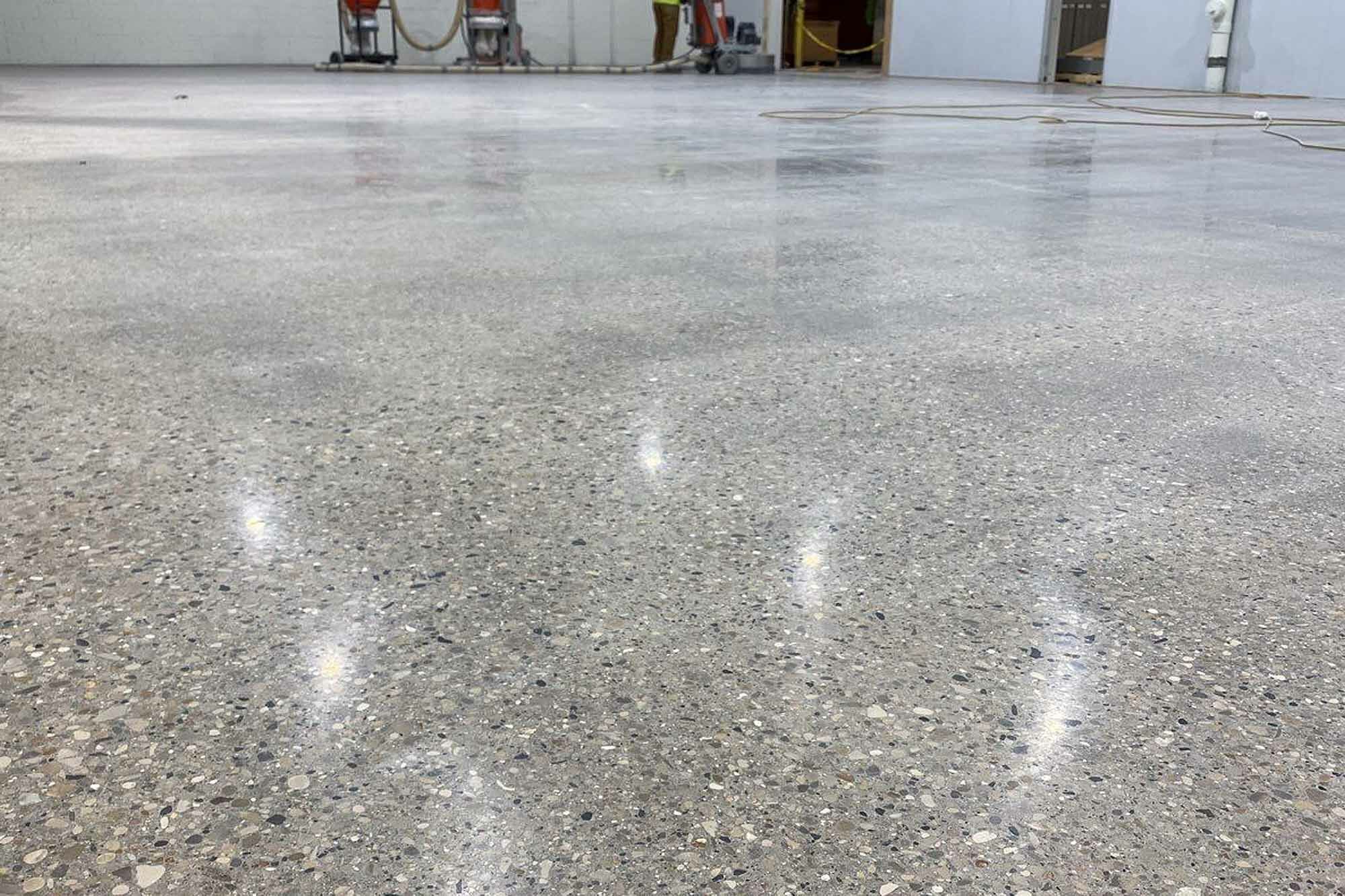Comprehensive Guide to Concrete: From Setup to Finishing Touches
Comprehensive Guide to Concrete: From Setup to Finishing Touches
Blog Article
Unveiling the Eco-Friendly Advantages of Utilizing Recycled Concrete in Lasting Building Practices
In the realm of sustainable construction practices, the application of recycled concrete stands as an essential yet often underestimated source. Beyond its conventional applications, recycled concrete deals a myriad of eco-friendly benefits that prolong far beyond the confines of standard building and construction materials.
Ecological Benefits
By integrating recycled concrete into building and construction methods, there is a substantial decrease in the need for brand-new raw materials, leading to preservation of natural sources. Additionally, the usage of recycled concrete reduces the amount of waste being sent out to land fills, consequently decreasing environmental contamination and reducing the pressure on landfill abilities (Concrete).
:max_bytes(150000):strip_icc()/GettyImages-941748918-5c7f3654c9e77c00012f82f6.jpg)
Additionally, the production of standard concrete is a considerable source of carbon discharges because of the energy-intensive procedure of concrete production. On the other hand, recycled concrete has a reduced carbon footprint as it decreases the demand for brand-new concrete production. This decline in carbon discharges adds to mitigating climate adjustment and sustains sustainable building practices. Overall, the ecological advantages of using recycled concrete are substantial and play a crucial duty in advertising green building methods.
Cost-Efficiency
Attaining cost-efficiency is a critical consideration when examining the application of recycled concrete in construction jobs. One of the crucial benefits of making use of recycled concrete is its cost-effectiveness contrasted to standard concrete.
Additionally, the usage of recycled concrete can bring about savings in landfill costs by diverting concrete waste from disposal sites. This not only reduces the environmental impact but also gets rid of the expenses related to waste removal. Moreover, the durability and performance of recycled concrete approach conventional concrete, making sure that price financial savings do not compromise the quality of the building and construction.
Durability and Strength
Thinking about the considerable cost-efficiency advantages of using recycled concrete, it is crucial to examine its toughness and toughness in building and construction applications. Recycled concrete offers similar, otherwise superior, resilience and stamina homes to traditional concrete. Via innovations in handling techniques and top quality control, recycled concrete can satisfy or exceed the efficiency requirements of conventional concrete. The procedure of recycling concrete entails squashing, sorting, and evaluating old concrete to produce accumulations that can be utilized in new building and construction jobs. These recycled accumulations can providing satisfactory compressive stamina, sturdiness, and long-term efficiency.

Waste Decrease
Efficient waste reduction techniques play a critical function in the lasting utilization of resources within the building sector. When it pertains to making use of recycled concrete, waste decrease is a key advantage that adds substantially to ecological conservation. Traditional building see it here techniques often generate substantial quantities of waste, specifically in the form of concrete debris from demolition websites. By including recycled concrete right into construction jobs, this waste is repurposed and diverted from garbage dumps, minimizing the general environmental influence of building and construction tasks.
Recycled concrete not just assists in reducing the amount of waste that ends up in landfills yet additionally saves natural deposits by click to read reducing the demand for brand-new accumulated materials. This procedure of waste reduction advertises a circular economic situation within the building field, where materials are recycled and recycled to develop a more sustainable market. Furthermore, making use of recycled concrete can lead to set you back financial savings for building projects, as it is often a lot more economical than sourcing and transferring brand-new materials. To conclude, waste decrease through the application of recycled concrete is an important component of lasting construction methods that benefits both the construction and the setting sector all at once.
Energy Conservation
Energy conservation is a critical facet of lasting building practices, aiming to decrease the overall power usage linked with building operations and materials manufacturing. Considerable power financial savings are attained compared to conventional concrete production when it comes to utilizing recycled concrete in building and construction. The procedure of producing recycled concrete involves recycling and squashing existing concrete materials, which consumes much less energy than mining, processing, and transferring resources for new concrete production. Furthermore, the use of recycled concrete can help decrease the click to find out more demand for virgin accumulation, more lowering the energy-intensive removal and processing of natural resources.
Conclusion
Finally, the use of recycled concrete in lasting construction practices offers various ecological benefits, cost-efficiency, resilience, stamina, waste reduction, and power conservation. By integrating recycled concrete into construction projects, we can add to a more sustainable and environmentally friendly future. It is crucial for the building market to focus on the usage of recycled products to assist minimize the environmental impact of construction tasks.
One of the key advantages of using recycled concrete is its cost-effectiveness compared to standard concrete.Additionally, the usage of recycled concrete can lead to financial savings in landfill costs by diverting concrete waste from disposal websites. The sturdiness and performance of recycled concrete are comparable to standard concrete, making certain that expense financial savings do not endanger the high quality of the building.
:max_bytes(150000):strip_icc()/in-depth-look-at-concrete-flooring-1314684-02-8fdb599f92a747ed94ef5b96110abfc1.jpg)
Report this page